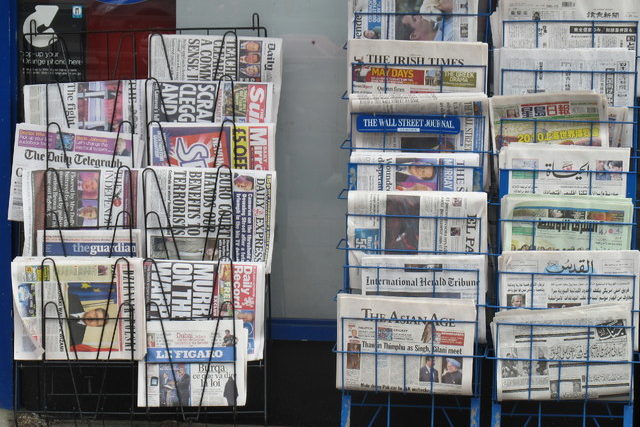A new policy paper by Ivana Karásková and Matej Šimalčík deals with the issue of protecting media from hostile foreign influence. Authors argue that media needs to be seen as a strategic industry. Especially during crises, such as COVID-19, external actors can misuse media to spread disinformation and competing narratives damaging to the health of democratic political systems. The possibility that foreign ownership can influence the content of media reporting on selected issues has been demonstrated by the findings of the MapInfluenCE research on Chinese media investment in Czechia. In this case, reporting changed to exclusively positive after the CEFC investment.
Authors argue that a multifaceted approach is needed, combining various legal tools: investment screening mechanism, restrictions on foreign ownership, limiting state support for media owners, antitrust legislation, banning media cross-ownership, anti-SLAPP legislation etc. While these measures are mostly for the member states to implement, the EU should play a role in spearheading the harmonization of the legislation on media protection, giving more support to independent journalism, perfecting the existing tools such as the investment screening mechanism to better protect media, and also improving its own democratic narratives to offset the impact of foreign influence.
Image source: David Hawgood, geograph.org.uk

